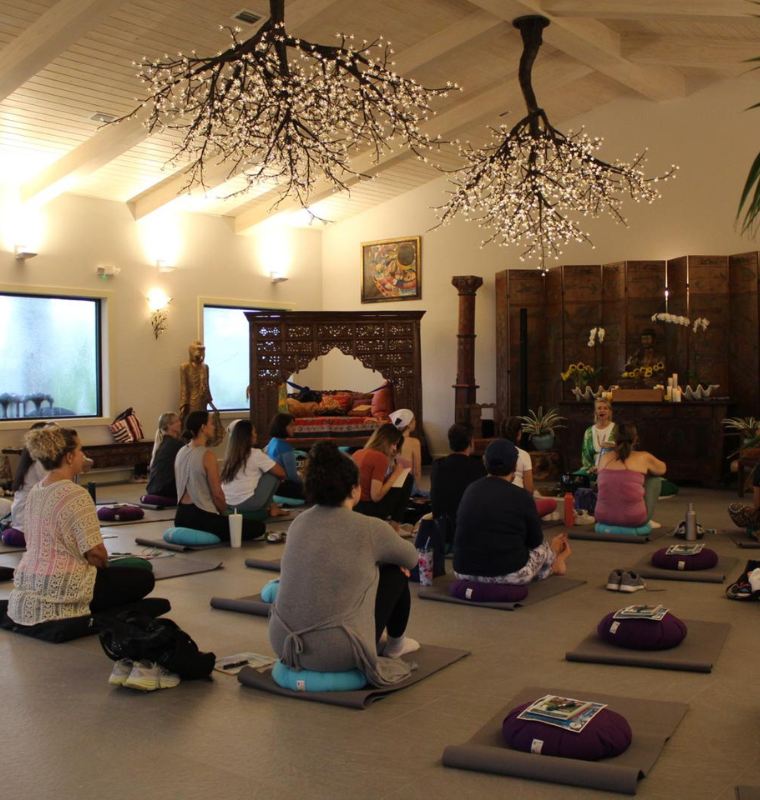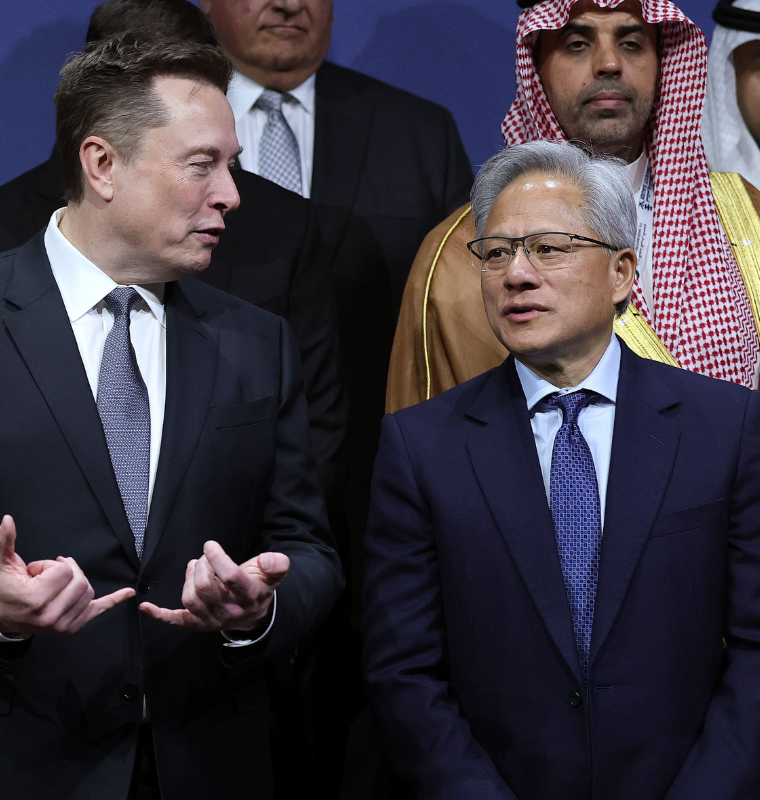BBC Director-General and News Chief Resign Amid Backlash Over Trump Documentary Edits
BBC Director-General and News Chief Resign Amid Backlash Over Trump Documentary Edits
By
Junia Wells
Last updated:
November 10, 2025
First Published:
November 10, 2025

Photo: Yahoo
The BBC was thrown into turmoil on Sunday after two of its top executives — Director-General Tim Davie and BBC News CEO Deborah Turness — resigned amid growing criticism over alleged bias and the controversial editing of a speech by former U.S. President Donald Trump.
The resignations followed the leak of an internal report by a former standards adviser, obtained by The Daily Telegraph, which accused the British broadcaster of failing to uphold impartiality in key areas including coverage of the Israel-Hamas conflict, transgender issues, and the editing of a 2021 Panorama documentary on Trump.
According to the report, BBC Arabic was found to have shown anti-Israel bias, and internal disagreements had suppressed coverage of a women’s rights group advocating for single-sex spaces. The leaked findings intensified public scrutiny, reigniting long-standing debates about the BBC’s neutrality, funding model, and accountability.
Trump’s Response and the Edited Documentary Controversy
The controversy reached a breaking point after it was revealed that Panorama editors spliced two separate segments of Trump’s 2021 speech, making it appear as though he was inciting the January 6th Capitol riot. In reality, Trump had called for supporters to “cheer on our brave senators and congressmen and women,” but the documentary presented it alongside his separate “fight like hell” remarks.
Trump took to social media to celebrate the resignations, calling Davie and Turness “very dishonest people” and accusing them of trying to influence the upcoming U.S. presidential election. “They are from a foreign country, one that many consider our number one ally. What a terrible thing for democracy!” Trump wrote.
Resignations and Fallout Within the BBC
Tim Davie, who took over as BBC Director-General in 2020, said in his resignation statement that the organization “remains a global gold standard in journalism,” but admitted that “mistakes were made” and that he bore ultimate responsibility. He will remain in his position for several months while the BBC board searches for a successor.
Deborah Turness, in an email to BBC staff, defended her newsroom’s integrity, stating that “recent allegations that BBC News is institutionally biased are wrong.” She emphasized that her decision to step down was based on a commitment to protect the organization’s reputation during a period of “intense and polarized public debate.”
A person familiar with the BBC board’s reaction described Davie’s resignation as “a shock,” saying that his departure leaves a leadership vacuum as the broadcaster prepares for crucial funding negotiations with the UK government ahead of its 2027 Royal Charter renewal.
Reputation Under Pressure
Despite the growing criticism, the BBC remains Britain’s most trusted news brand, reaching over 460 million people globally through its television, radio, and digital services. However, its mandatory license fee funding model — approximately £159 ($195) per household annually — continues to draw criticism from both conservative and liberal circles.
The organization has also faced multiple scandals in recent years, including the temporary suspension of star sports presenter Gary Lineker over political commentary and backlash for broadcasting an anti-Israel chant during the Glastonbury music festival. Earlier this year, the BBC pulled a Gaza documentary after discovering one of its featured voices was related to a Hamas official.
Government Reaction and the Road Ahead
UK Culture Minister Lisa Nandy praised Davie’s leadership, noting his role in steering the BBC through “a period of profound change.” Meanwhile, BBC Chairman Samir Shah is expected to address Parliament on Monday to apologize for the handling of the Trump documentary and the broader controversy.
Davie defended the institution in his farewell remarks, saying the BBC “should be championed, not weaponized,” highlighting its importance in fostering a healthy democracy and a thriving creative industry. Still, he acknowledged that “the demands of leadership in these febrile times have been both personal and professional.”
As the BBC enters a pivotal period ahead of its charter negotiations, the dual resignations mark one of the most turbulent leadership crises in the broadcaster’s 100-year history — one that could redefine how Britain’s most influential media institution approaches trust, transparency, and political accountability in the years to come.
Popular articles
Subscribe to unlock premium content
How Adults Are Paying to Experience Silent Daylong Festivals for Mindfulness

The Rise of Ultra-Personalized Scent Memory Experiences Using Olfactory Therapy

Why Some Millennials Are Paying for One-Day Luxury Survival Challenges in Nature

How Adults Are Paying to Experience Silent Daylong Festivals for Mindfulness

The Rise of Ultra-Personalized Scent Memory Experiences Using Olfactory Therapy

How Adults Are Paying to Experience Silent Daylong Festivals for Mindfulness







.png)

